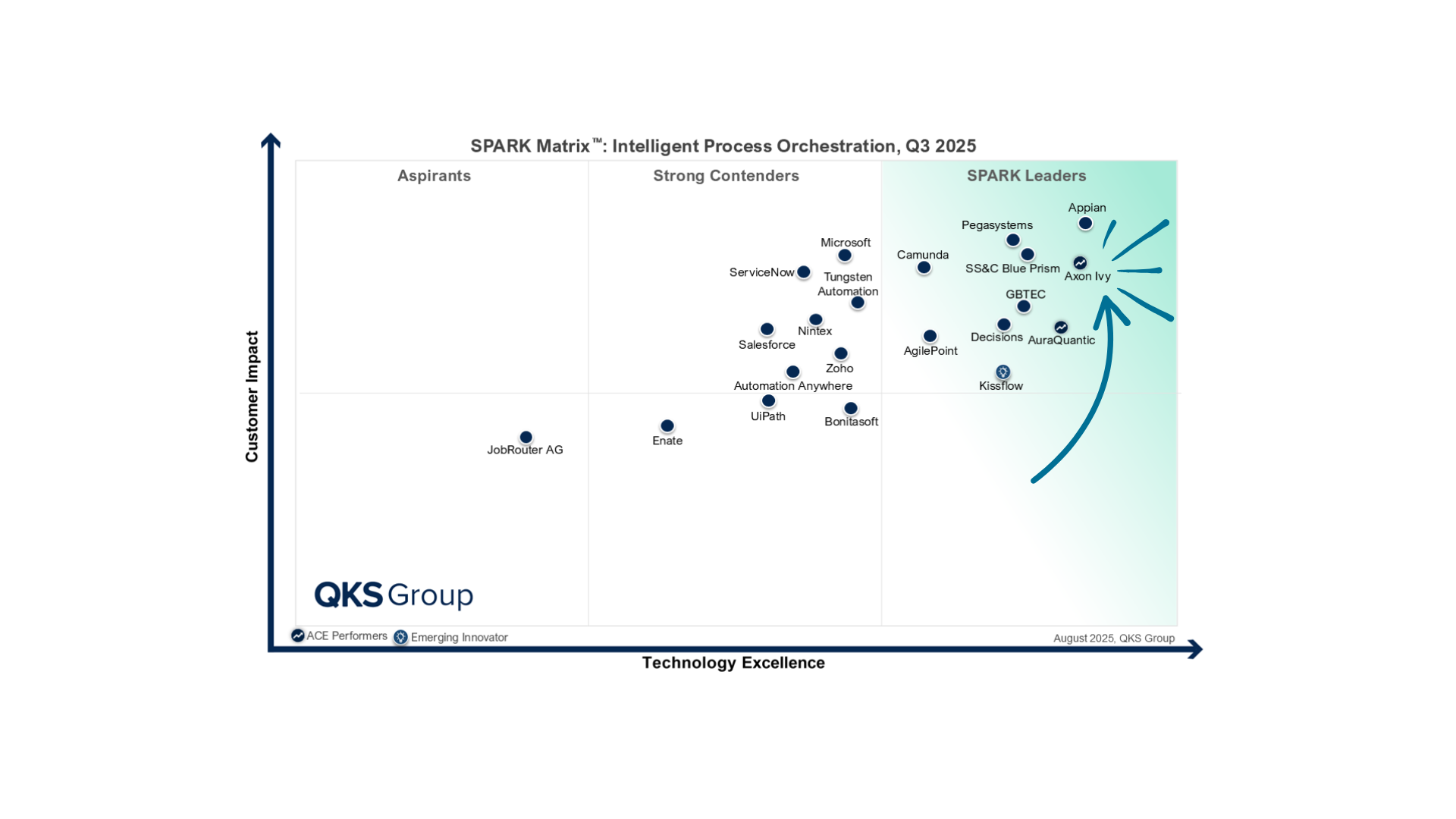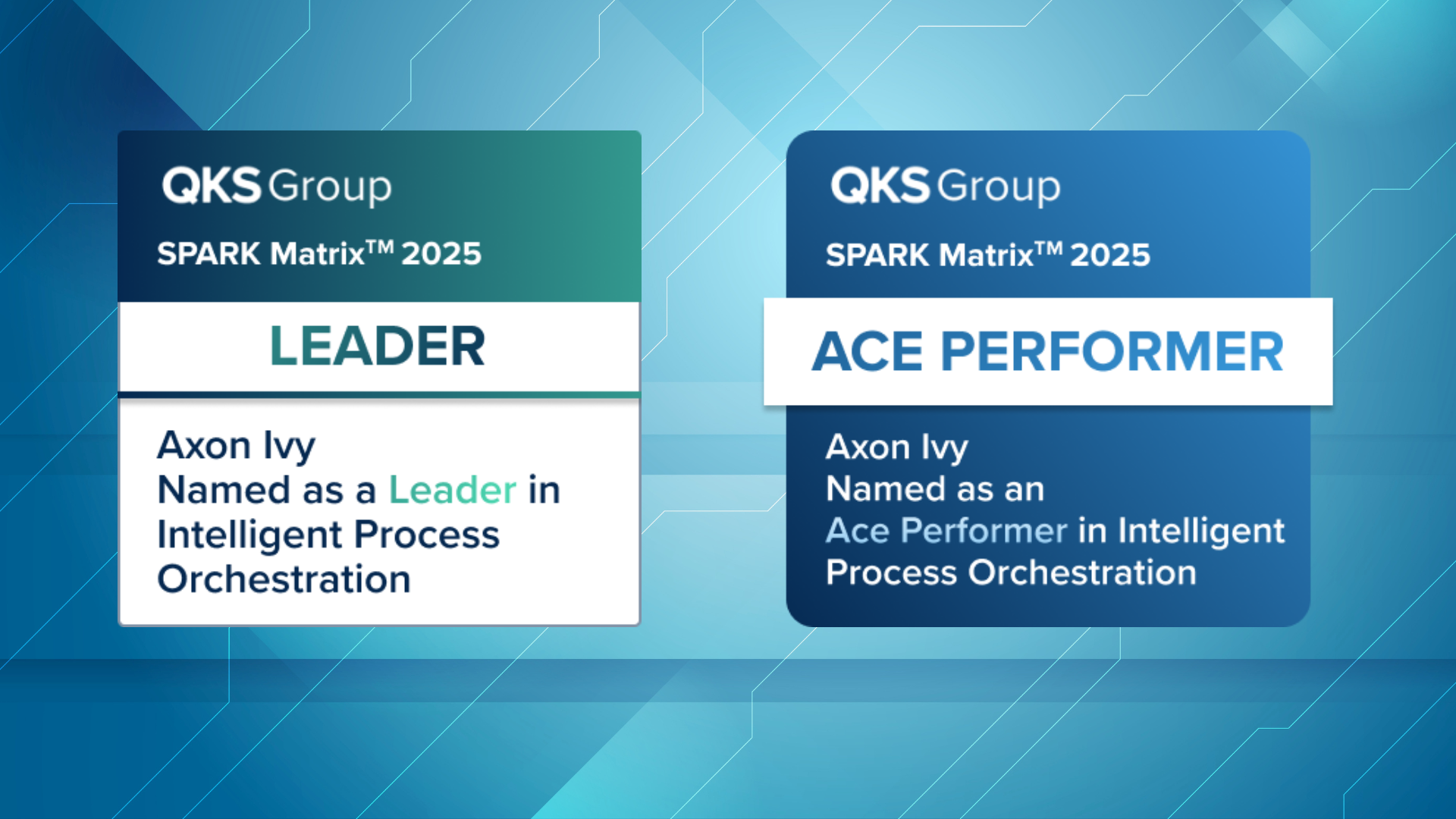Imagine all HR tasks perfectly organized, all information centralized, and status updates available in real time. Uncomplicated communication and seamless collaboration with colleagues - sounds too good to be true, right? Not anymore. With a user-friendly HR portal serving as the central hub for all HR matters, this scenario is a reality for multinational companies. A so-called "one-stop shop" provides applications, services, communication tools, and analytics in a clear and transparent manner- regardless of the underlying system. This is because an intelligent automation platform enables the comprehensive integration and coordination of all existing IT solutions across departmental and national borders. Best of all, it’s not just the HR department that benefits - employees across the entire company do too.
The Status Quo: A Negative Impact on Company and Workforce
Unfortunately, the current situation in many companies is very different and far from ideal: Paper-based processes, manual repetitive tasks, and processes that drain resources make day-to-day operations inefficient and time-consuming. This is compounded by missing or inconsistent processes and a wide variety of site-specific HR software applications, creating complex dependencies and relationships. The negative effects are noticeable at an operational level, as they lead to a drop in quality and dissatisfaction among employees. But the external image of the company also suffers: If applicant management does not run smoothly or onboarding processes are flawed, the company’s reputation suffers.
Coordinating Processes, Unlocking Potential
Changes in HR are inevitable; companies have no other option than to actively embrace change to remain competitive. Innovative digital solutions and lean, standardized processes are needed to remain competitive and secure future success. An automation platform that optimizes, digitizes, and automates processes provides the best foundation. If companies also use this platform as a central hub - orchestrating the organization and control of all existing and new systems and processes - the benefits multiply. Rather than introducing another solution alongside existing ones, companies leverage their existing IT investments, fundamentally redefining the interaction of all HR tools and processes.
By orchestrating and introducing a so-called one-stop-shop, companies can:
- efficiently manage resources,
- seamlessly integrate existing and new technologies,
- and increase overall performance.
“The introduction of a one-stop shop is more than just a measure to increase efficiency. Companies are betting on their future.”
Oliver Deutsch
Director Sales & Marketing, Axon Ivy AG
Central HR Portal as a "One-Stop Shop"
Benefits for the HR Department
A "one-stop shop" centralizes all HR-related processes, inquiries, and tasks, optimizing and coordinating them for maximum efficiency. For the HR department, this means:
Reduction of repetitive and administrative tasks: The centralization of HR processes and extensive self-service options for all employees minimize manual, repetitive tasks. Colleagues can independently manage their personal data and absence requests, reducing unnecessary administrative work.
Automated reminder functions: Employees, HR staff, and managers receive automatic notifications regarding deadlines and approvals through the HR portal. For instance, managers are informed of outstanding approvals for special leave days or salary increases.
Transparency throughout the entire employee life cycle: The HR portal ensures comprehensive transparency of employee information through central data storage. This means that the HR department can view an employee's development history at any time, from application to training to promotion, and provide information to superiors if required.
Smooth, consistent recruiting and onboarding processes: From job postings to application receipt, interview coordination, and onboarding, the entire process is mapped and driven automatically via the HR portal. Tasks and deadlines are assigned based on responsibility, with involved departments having full visibility of tasks and statuses at all times.
Improved communication and collaboration: The HR portal improves collaboration within the HR department and beyond. For example, the direct exchange of specific requests and announcements, policy changes or internal training can be communicated in the HR portal.
Better process handling and adaptation: Centralized control enables efficient management of complex HR processes and simplifies the adaptation of applications. For example, performance appraisals or salary structure changes can be managed through the HR portal, with new requirements integrated quickly and easily.
Benefits for the Entire Company
The HR portal benefits employees across all departments, providing a single point of contact for all HR-related concerns:
Central access to all HR applications and systems: Employees can easily access various applications and services though the portal to request leave, submit travel expenses, or update personal information.
Create and track requests: Requests and support tickets are created centrally in the HR portal, allowing real-time status tracking.
Communication and information exchange: Direct communication with HR is facilitated through the portal, whether for clarifying benefits, discussing salary matters, or resolving other inquiries.
Access to knowledge database and HR reports: Employees can independently access information on topics such as travel expense accounting or reimbursement requests through the knowledge database. The portal also offers comprehensive HR reports and statistics, enabling managers to make informed personnel decisions.
Participation in HR training courses: Employees register for internal training and development programs via the HR portal to improve their skills and qualifications and advance their careers.
Key Takeaway: More Than Just Efficiency
The introduction of a central HR portal - a one-stop shop - is about more than just boosting efficiency. Companies are betting on their future – by increasing employee satisfaction, fostering a productive work environment, positioning the company as an attractive employer, and optimizing operational processes sustainably. By transforming the HR department, companies can pave the way to a more agile, efficient, and future-oriented organization.





